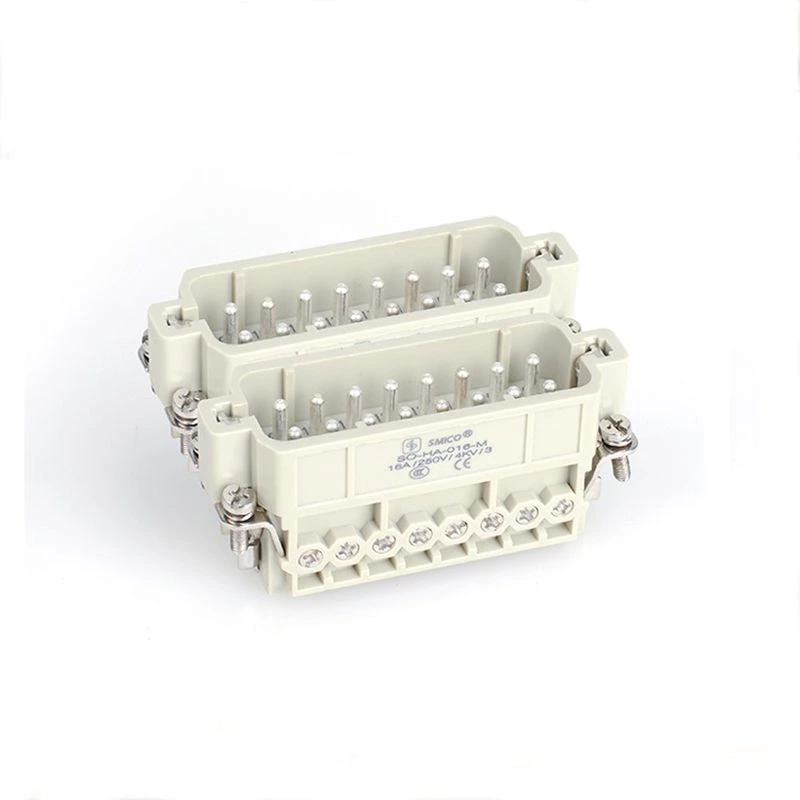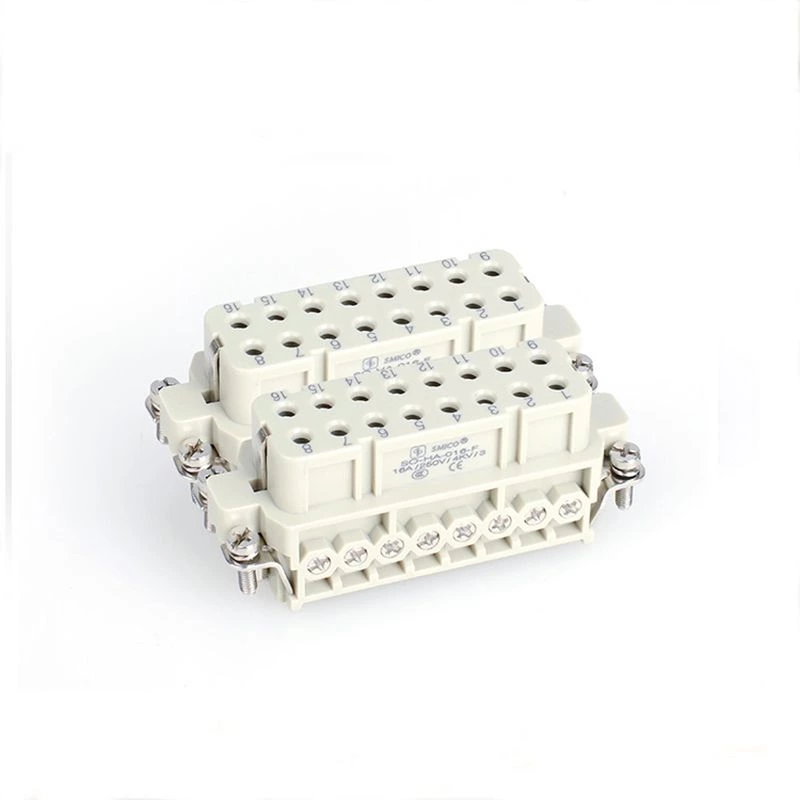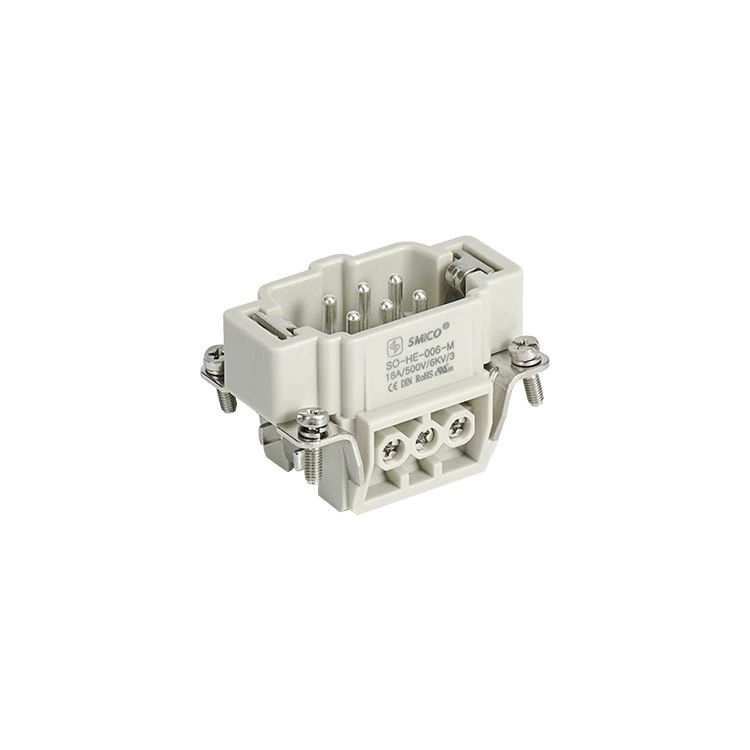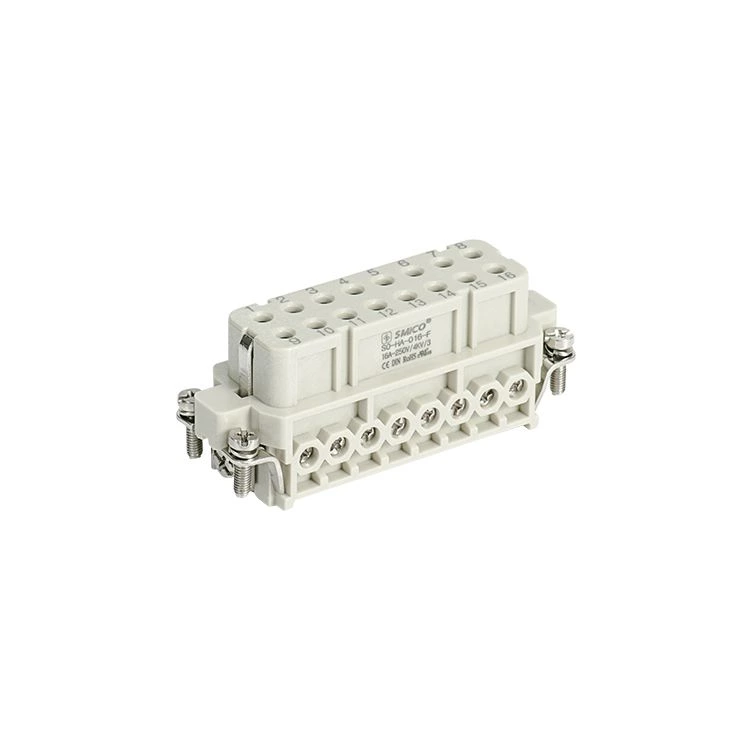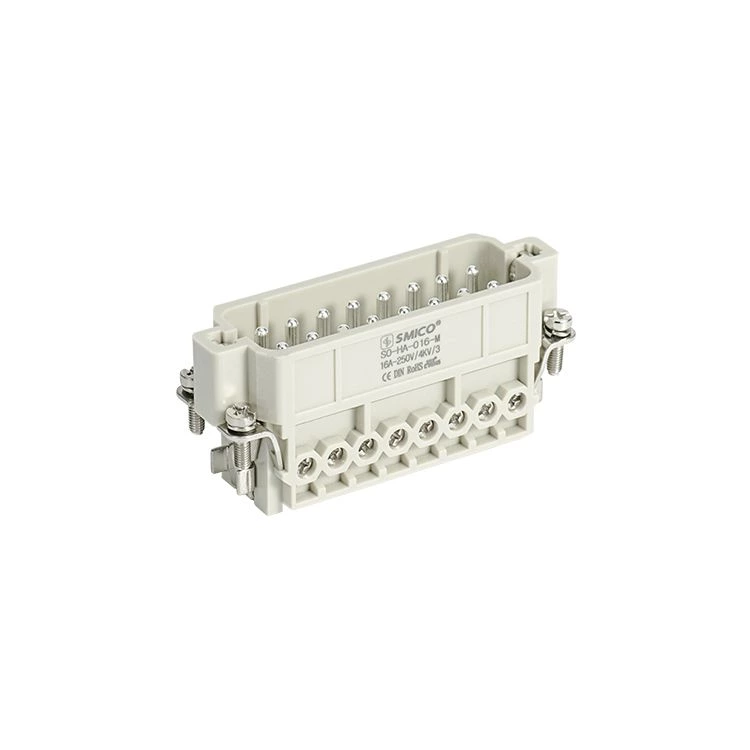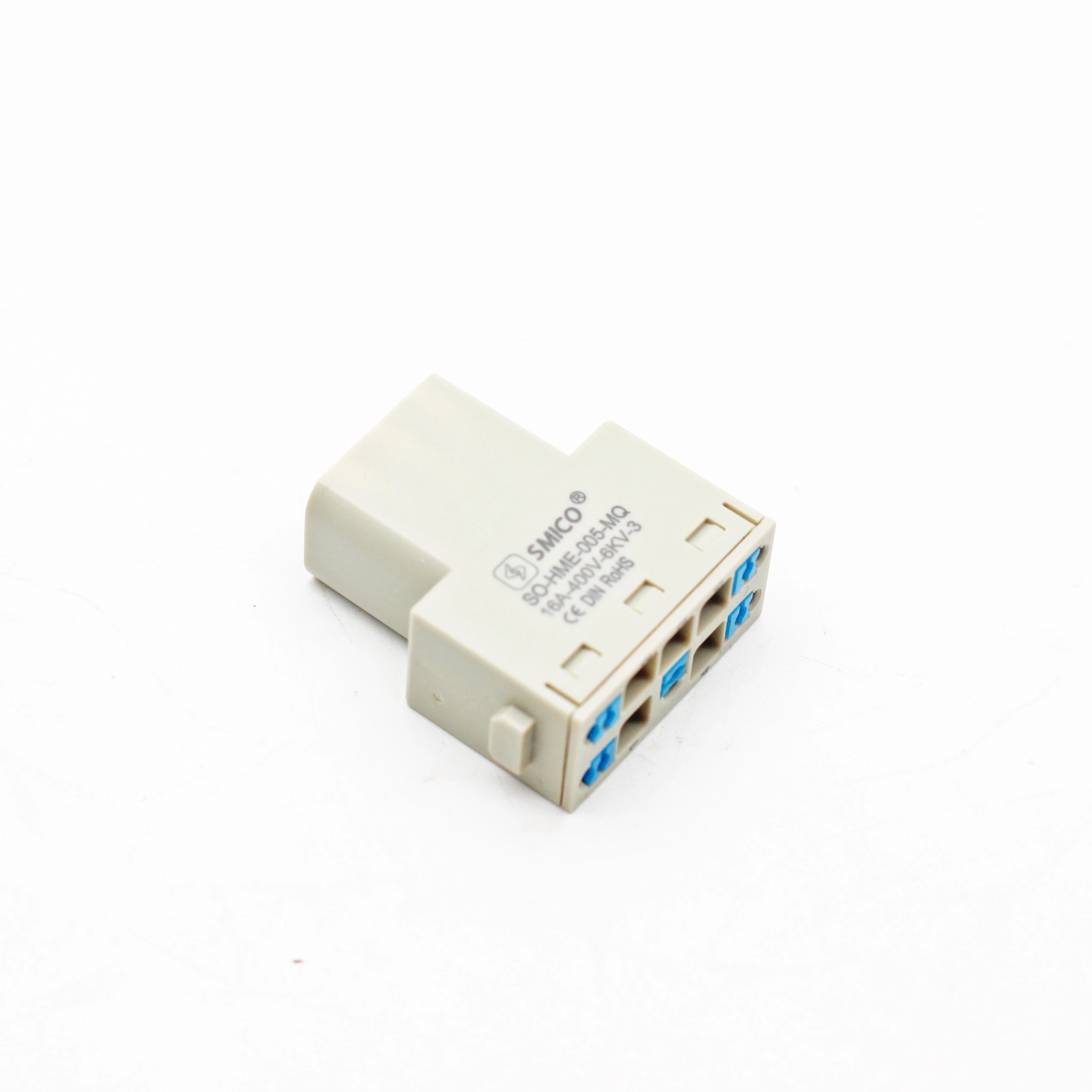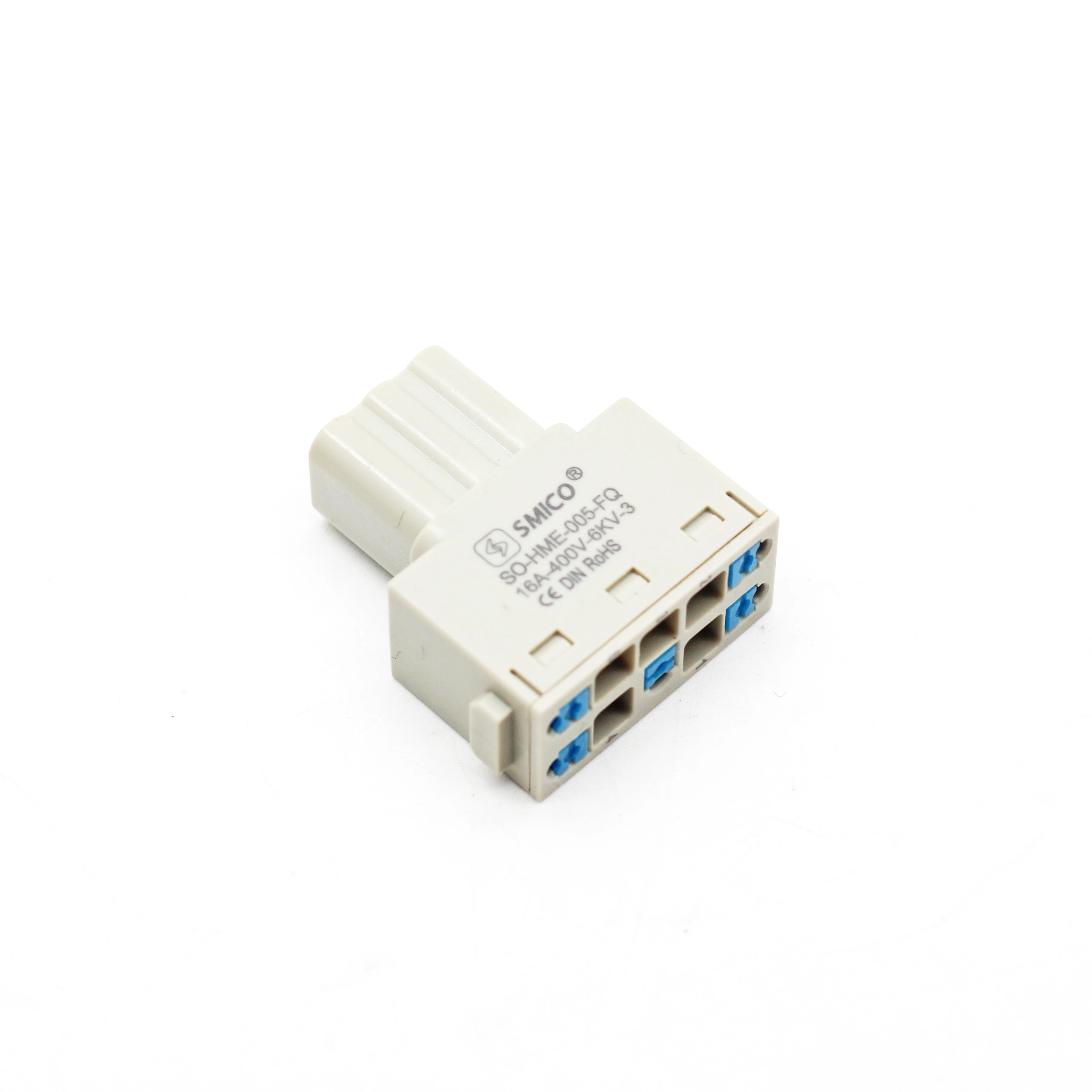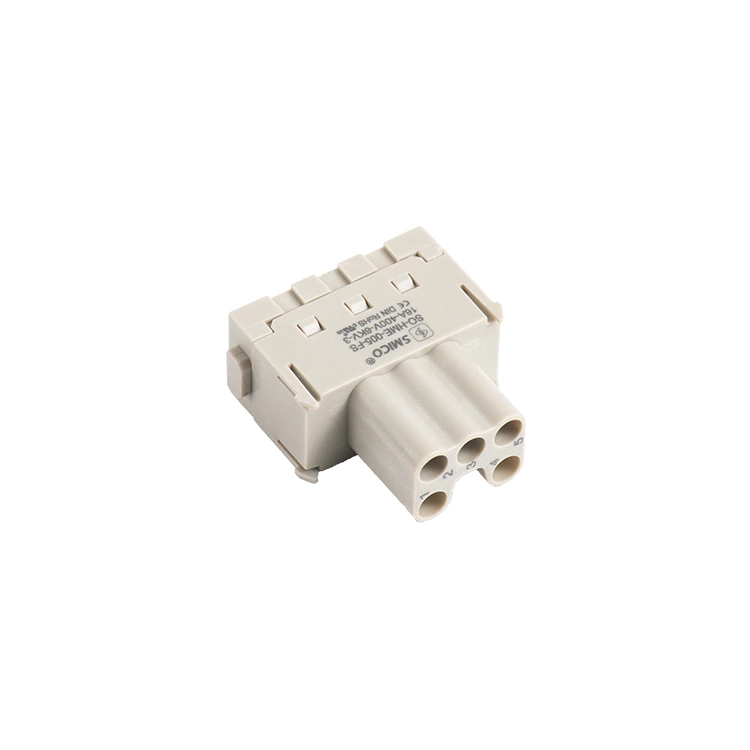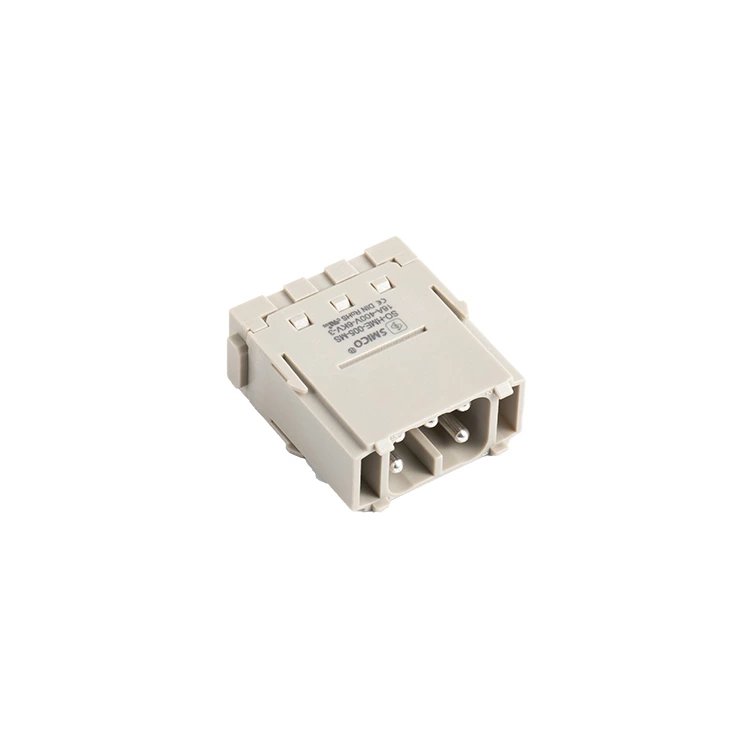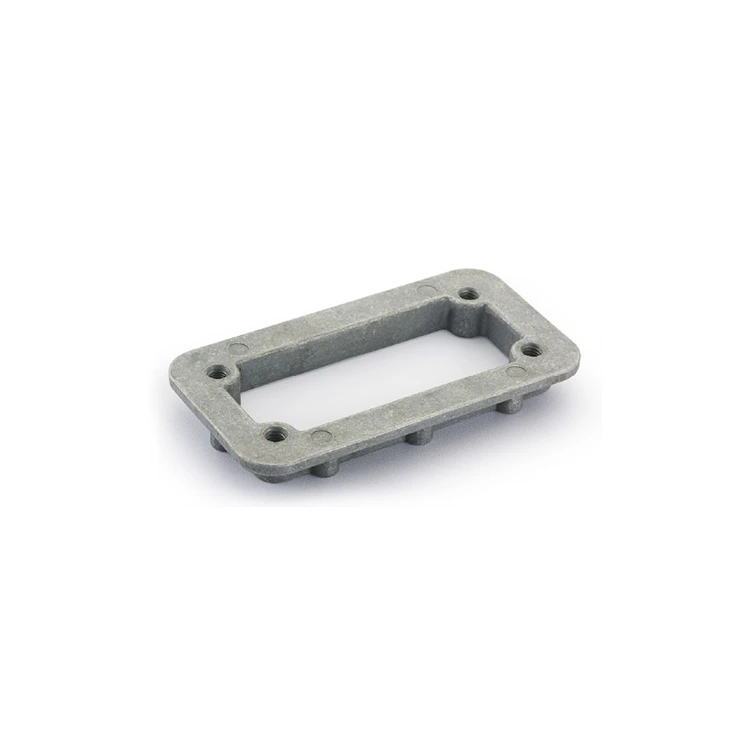Heavy-duty Connectors: A Solid Guarantee For Industrial Connections
In the modern industrial field, heavy-duty connectors, as an important electronic connection device, play a vital role. With the advancement of science and technology and the rapid development of industrial automation, the application scope of heavy-duty connectors has been continuously expanded, covering multiple industries such as energy, transportation, communications, and manufacturing. This article will explore the definition, structure, application, and future development trend of heavy-duty connectors in depth.
What is a heavy-duty connector?
A heavy-duty connector is a connector designed to withstand high current, high voltage, and harsh environmental conditions. This type of connector usually has a large contact area and a strong mechanical structure, which can effectively transmit power and signals. Heavy-duty connectors are not only required to have excellent electrical performance, but also to have strong vibration resistance, impact resistance, and corrosion resistance to meet the needs of various industrial scenarios.
Heavy Duty Connector Structure
The structure of a heavy-duty connector usually consists of the following parts:
Plug and socket: Plug and socket are the basic components of heavy-duty connectors, usually made of metal or high-strength plastic materials to ensure good contact performance and mechanical strength.
Contact: The contact is the most critical part of a heavy-duty connector, responsible for the transmission of current. The contact parts are usually made of copper or copper alloy, and are nickel-plated or gold-plated to reduce contact resistance and improve wear resistance and oxidation resistance.
Shell: The design of the shell directly affects the durability and safety of the heavy-duty connector. Generally speaking, the shell of the heavy-duty connector is made of metal material, which has good heat dissipation performance and protection level, and can effectively prevent the intrusion of dust and moisture.
Sealing structure: Heavy-duty connectors usually need to have good sealing performance to adapt to various harsh environments. The sealing structure can use materials such as O-rings and sealants to ensure that the connector can still work normally under extreme conditions such as humidity, high temperature or low temperature.
Application of heavy-duty connectors
Heavy-duty connectors have been widely used in many industries. The following are some typical application scenarios:
Power industry: In power plants, substations and other places, heavy-duty connectors are used to connect power equipment to ensure stable power transmission.
Transportation: Heavy-duty connectors are widely used in rail transportation, aerospace and automobile manufacturing to ensure the normal operation of vehicles and equipment.
